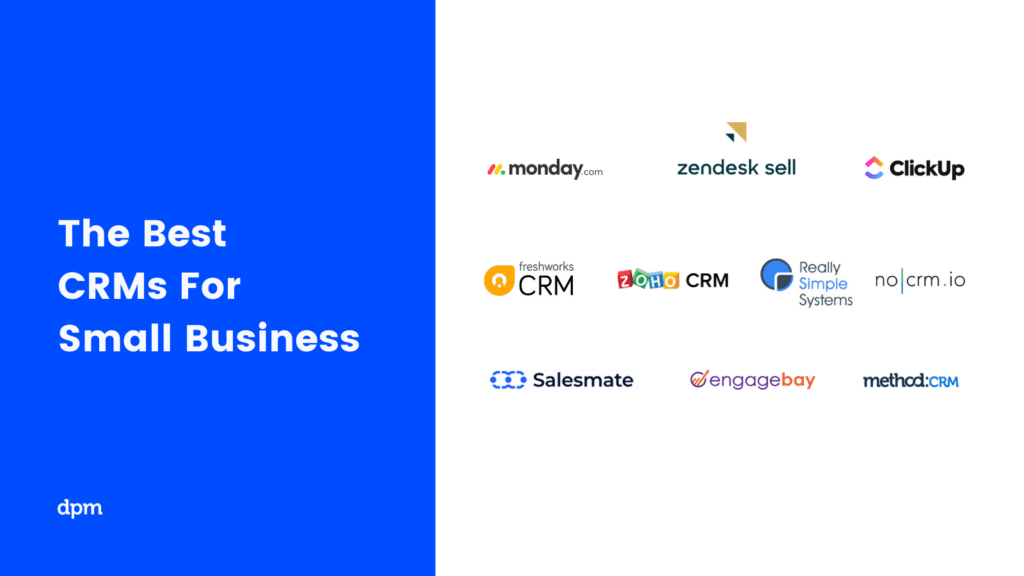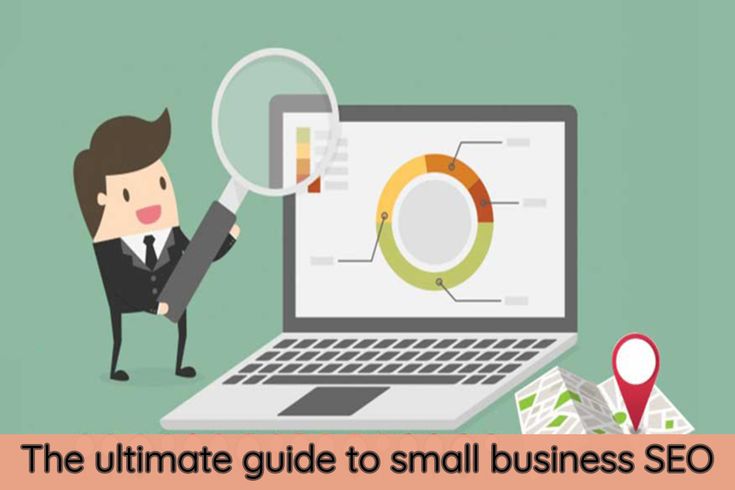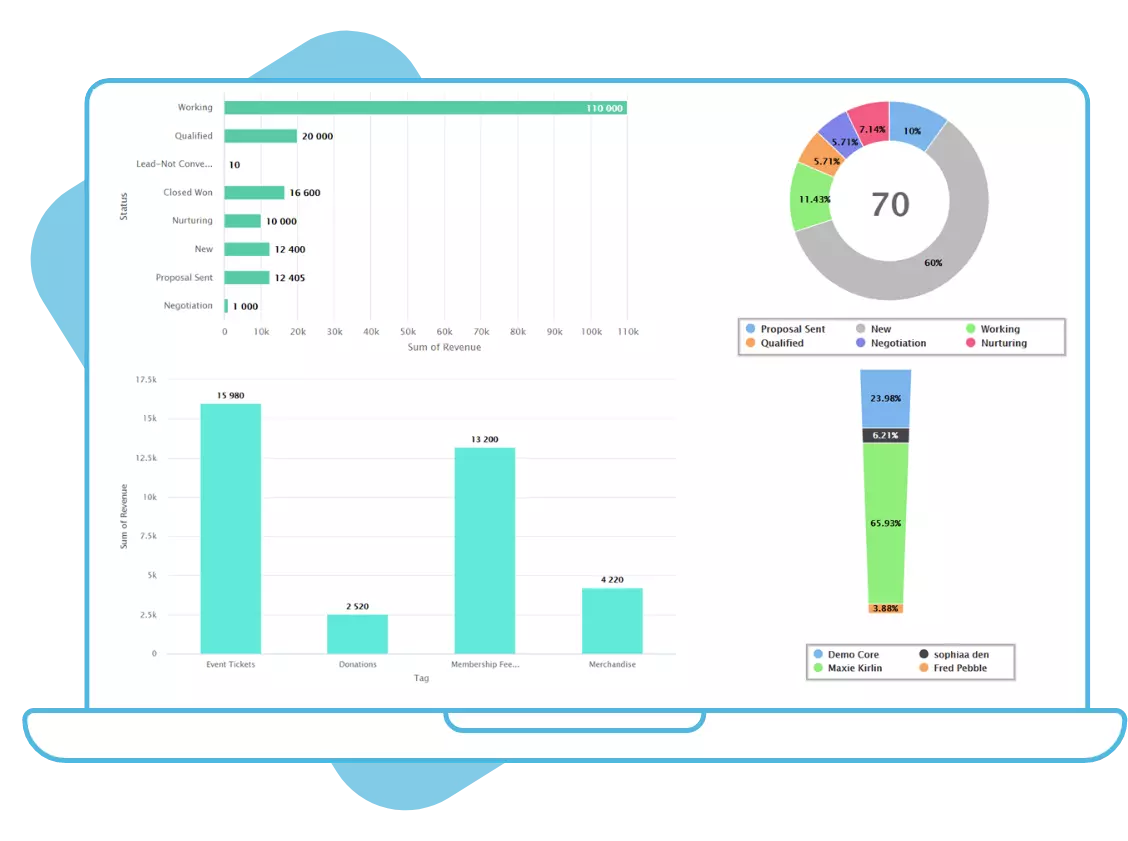Unlocking Growth: The Best CRM Systems for Small Nonprofits in 2024
Unlocking Growth: The Best CRM Systems for Small Nonprofits in 2024
Navigating the world of nonprofit management can feel like a complex maze. You’re juggling fundraising campaigns, volunteer coordination, donor relationships, program delivery, and so much more. Amidst this whirlwind, keeping track of everything can be a monumental task. That’s where a Customer Relationship Management (CRM) system steps in, acting as your central hub for all things related to your constituents.
For small nonprofits, the right CRM isn’t just a luxury; it’s a necessity. It’s the key to unlocking efficiency, fostering stronger relationships, and ultimately, achieving your mission. But with so many options available, choosing the best CRM for your small nonprofit can feel overwhelming. This comprehensive guide will walk you through the essentials, helping you make an informed decision that aligns with your specific needs and budget.
Why a CRM is Essential for Small Nonprofits
Before diving into specific CRM solutions, let’s explore why these systems are so crucial for small nonprofits:
- Centralized Data: A CRM acts as a single source of truth for all your constituent data. No more scattered spreadsheets or lost contact information.
- Improved Communication: CRM systems streamline communication, allowing you to personalize your outreach and send targeted messages to different segments of your audience.
- Enhanced Fundraising: CRM tools help you track donations, manage fundraising campaigns, and identify potential major donors.
- Streamlined Operations: Automate tasks, track volunteer hours, and manage programs more efficiently.
- Better Decision-Making: Gain valuable insights into your constituents and programs through data analytics and reporting.
- Increased Engagement: Build stronger relationships with donors, volunteers, and beneficiaries by providing personalized experiences.
In essence, a CRM empowers small nonprofits to do more with less, maximizing their impact and furthering their missions.
Key Features to Look for in a Nonprofit CRM
When evaluating CRM systems, prioritize features that are most relevant to your nonprofit’s needs. Here are some essential functionalities to consider:
1. Contact Management
At its core, a CRM needs to effectively manage your contacts. Look for features like:
- Contact Profiles: Detailed profiles for each contact, including contact information, communication history, donation history, volunteer activities, and program participation.
- Segmentation: The ability to segment your contacts based on various criteria, such as demographics, giving history, interests, and engagement level.
- Data Import/Export: Seamlessly import and export data from spreadsheets and other systems.
- Duplicate Management: Tools to identify and merge duplicate contact records.
2. Fundraising Management
Fundraising is often the lifeblood of a nonprofit. Your CRM should provide robust fundraising capabilities, including:
- Donation Tracking: Record and track all donations, including online, offline, and recurring donations.
- Payment Processing Integration: Integration with payment gateways like Stripe or PayPal to facilitate online donations.
- Campaign Management: Tools to create and manage fundraising campaigns, track progress, and analyze results.
- Grant Management: Features to track grant applications, deadlines, and reporting requirements.
- Gift Recognition: Automated thank-you notes and other forms of donor recognition.
3. Communication and Engagement
Effective communication is vital for building relationships and engaging your constituents. Look for these features:
- Email Marketing: Integrated email marketing tools to send newsletters, announcements, and targeted communications.
- Email Automation: Automate email sequences, such as welcome emails, thank-you notes, and follow-up messages.
- SMS Messaging: The ability to send text messages for quick updates and reminders.
- Social Media Integration: Integration with social media platforms to track engagement and share updates.
4. Reporting and Analytics
Data is your friend. A good CRM provides reporting and analytics to help you understand your performance and make informed decisions:
- Customizable Reports: Generate reports on donations, fundraising campaigns, volunteer activities, and other key metrics.
- Data Visualization: Charts and graphs to visualize your data and identify trends.
- Real-time Dashboards: Get a quick overview of your key performance indicators (KPIs).
5. Volunteer Management
If your nonprofit relies on volunteers, a CRM with volunteer management features is a must-have. Look for:
- Volunteer Profiles: Track volunteer information, skills, and availability.
- Volunteer Recruitment: Tools to recruit and onboard new volunteers.
- Scheduling and Reminders: Schedule volunteer shifts and send automated reminders.
- Time Tracking: Track volunteer hours and activities.
6. Integrations
Consider how the CRM integrates with other tools you use, such as:
- Accounting Software: Integrate with QuickBooks, Xero, or other accounting software.
- Website Platforms: Integrate with WordPress, Drupal, or other website platforms.
- Other Third-Party Apps: Integrate with other tools, such as event management software or survey platforms.
Top CRM Systems for Small Nonprofits
Now, let’s explore some of the best CRM systems specifically designed for small nonprofits:
1. Bloomerang
Bloomerang is a popular CRM known for its focus on donor retention. It offers a user-friendly interface and a wealth of features tailored to fundraising and donor engagement. Key features include:
- Donor-Centric Approach: Bloomerang is designed to help you build stronger relationships with your donors.
- Automated Communication: Automate thank-you notes, birthday emails, and other personalized communications.
- Donor Segmentation: Segment your donors based on various criteria to personalize your outreach.
- Reporting and Analytics: Track key metrics, such as donor retention rate and lifetime value.
- Pricing: Bloomerang offers different pricing tiers based on the number of constituents, making it accessible to small nonprofits.
Pros: User-friendly, strong focus on donor retention, excellent customer support.
Cons: Can be more expensive than some other options, limited integration with some third-party apps.
2. Kindful
Kindful is another great choice for small nonprofits, known for its ease of use and affordability. It offers a range of features, including:
- Easy-to-Use Interface: Kindful is designed to be intuitive and easy to navigate.
- Fundraising Tools: Manage donations, create fundraising campaigns, and track online giving.
- Email Marketing: Send targeted email campaigns to your donors and supporters.
- Reporting and Analytics: Generate reports on donations, fundraising campaigns, and other key metrics.
- Integrations: Integrates with popular tools like Mailchimp and Eventbrite.
- Pricing: Kindful offers affordable pricing plans, making it a good option for small organizations.
Pros: Easy to set up and use, affordable, strong integrations.
Cons: Limited advanced features compared to some other options, reporting can be basic.
3. Neon CRM
Neon CRM is a comprehensive CRM solution that offers a wide range of features, including:
- Membership Management: Manage memberships, dues, and renewals.
- Event Management: Create and manage events, sell tickets, and track attendees.
- Fundraising Tools: Manage donations, create online donation forms, and run fundraising campaigns.
- Volunteer Management: Recruit, schedule, and track volunteers.
- Website Integration: Seamlessly integrate with your website.
- Pricing: Neon CRM offers a flexible pricing structure based on the number of contacts and features.
Pros: Feature-rich, good for organizations with complex needs, strong support.
Cons: Can be more complex to set up and learn than some other options, pricing can be higher.
4. DonorPerfect
DonorPerfect is a robust CRM designed for fundraising and donor management. It offers a comprehensive suite of features, including:
- Donor Management: Manage donor profiles, track donations, and segment donors.
- Fundraising Tools: Create and manage fundraising campaigns, track pledges, and send thank-you notes.
- Reporting and Analytics: Generate detailed reports on donations, fundraising campaigns, and donor behavior.
- Email Marketing: Send targeted email campaigns.
- Integrations: Integrates with various payment processors and other tools.
- Pricing: DonorPerfect offers different pricing plans based on the number of contacts and features.
Pros: Feature-rich, strong fundraising capabilities, good for organizations with complex fundraising needs.
Cons: Interface can feel dated, can be more expensive than some other options.
5. Aplos
Aplos is a cloud-based accounting and CRM software designed specifically for nonprofits. It combines accounting and CRM functionalities in a single platform, making it a good option for organizations looking for an all-in-one solution. Key features include:
- Accounting: Track income and expenses, manage budgets, and generate financial reports.
- Donor Management: Manage donor profiles, track donations, and send thank-you notes.
- Fundraising Tools: Create and manage fundraising campaigns.
- Reporting and Analytics: Generate reports on finances and fundraising performance.
- Pricing: Aplos offers affordable pricing plans.
Pros: All-in-one solution (accounting and CRM), affordable, easy to use.
Cons: Limited advanced features compared to some other CRM-focused options.
6. Salesforce Nonprofit Cloud
Salesforce is a powerful CRM platform used by many large organizations. While it can be complex to set up, Salesforce offers a comprehensive solution for nonprofits, including:
- Customization: Highly customizable to meet your specific needs.
- Scalability: Can handle a large number of contacts and data.
- Integrations: Integrates with a wide range of third-party apps.
- Fundraising Tools: Manage donations, create fundraising campaigns, and track donor interactions.
- Volunteer Management: Recruit, schedule, and track volunteers.
- Pricing: Salesforce offers a discounted pricing plan for nonprofits, but it can still be more expensive than some other options.
Pros: Highly customizable, powerful, and scalable.
Cons: Can be complex to set up and manage, can be expensive for small nonprofits.
7. Zoho CRM
Zoho CRM is a popular CRM platform that can be a good option for small nonprofits, especially those looking for an affordable solution. It offers a range of features, including:
- Contact Management: Manage contact information, communication history, and activities.
- Sales Automation: Automate tasks and streamline processes.
- Email Marketing: Send email campaigns and track results.
- Reporting and Analytics: Generate reports on key metrics.
- Integrations: Integrates with various third-party apps.
- Pricing: Zoho CRM offers a free plan for up to three users and affordable paid plans.
Pros: Affordable, user-friendly, good for organizations with sales or marketing needs.
Cons: Features may be limited compared to some other options, less focus on nonprofit-specific features.
How to Choose the Right CRM for Your Nonprofit
Choosing the right CRM is a crucial decision that can significantly impact your nonprofit’s success. Here’s a step-by-step guide to help you make the right choice:
1. Assess Your Needs
Before you start evaluating CRM systems, take the time to identify your specific needs and goals. Consider the following:
- What are your primary goals for using a CRM? (e.g., increase fundraising, improve donor retention, streamline volunteer management)
- What are your current pain points? (e.g., difficulty tracking donors, lack of communication, inefficient processes)
- What features are essential for your nonprofit? (e.g., donation tracking, email marketing, volunteer management)
- What is your budget?
- How many users will need access to the CRM?
- Do you need any specific integrations with other tools?
Answering these questions will help you narrow down your options and identify the CRM systems that are the best fit for your organization.
2. Research and Compare Options
Once you have a clear understanding of your needs, start researching different CRM systems. Read reviews, compare features, and consider the following:
- Ease of Use: Is the system user-friendly and easy to learn?
- Features: Does it offer the features you need?
- Pricing: Is it affordable for your budget?
- Integrations: Does it integrate with the other tools you use?
- Customer Support: Is there good customer support available?
- Scalability: Can the system grow with your organization?
- Security: Does it have strong security measures to protect your data?
Create a spreadsheet to compare the different CRM systems side-by-side. This will help you evaluate the pros and cons of each option.
3. Request Demos and Trials
Most CRM systems offer demos or free trials. Take advantage of these opportunities to test the systems and see how they work. During the demo or trial, pay attention to the following:
- User Interface: Is the interface intuitive and easy to navigate?
- Features: Test the features that are most important to you.
- Performance: Does the system run smoothly?
- Customer Support: Contact customer support to see how responsive they are.
Invite key members of your team to participate in the demos or trials and gather their feedback.
4. Consider Implementation and Training
Implementing a CRM system can be a significant undertaking. Consider the following:
- Data Migration: How easy is it to migrate your existing data into the CRM?
- Training: Does the vendor offer training and support to help your team learn how to use the system?
- Implementation Costs: Are there any implementation costs associated with the system?
Choose a CRM system that offers good support and training to help you with the implementation process.
5. Make a Decision and Implement
Once you’ve completed your research, requested demos, and considered implementation, it’s time to make a decision. Choose the CRM system that best meets your needs and budget.
Develop an implementation plan and assign roles and responsibilities. Train your team on how to use the system and start migrating your data. Be patient, as it may take some time to fully implement the CRM and get your team up to speed.
6. Ongoing Evaluation and Optimization
After you’ve implemented your CRM, it’s important to continuously evaluate its performance and make adjustments as needed. Regularly review your data, track your progress, and identify areas for improvement. Seek feedback from your team and make changes to optimize your CRM usage.
Tips for a Successful CRM Implementation
Here are some additional tips to help you successfully implement a CRM system:
- Get Buy-In from Your Team: Involve your team in the decision-making process and get their buy-in. This will help ensure that they are invested in the success of the CRM.
- Clean Your Data: Before migrating your data, clean it up and remove any duplicates or outdated information.
- Start Small: Don’t try to implement everything at once. Start with the most important features and gradually add more functionality.
- Provide Ongoing Training: Provide ongoing training and support to your team to ensure they are comfortable using the CRM.
- Customize Your CRM: Customize your CRM to meet your specific needs and workflows.
- Track Your Progress: Track your progress and measure the results of your CRM implementation.
- Be Patient: Implementing a CRM takes time and effort. Be patient and don’t get discouraged if you encounter challenges.
Conclusion: Choosing the Right CRM for Your Small Nonprofit
Selecting the right CRM is a pivotal investment for any small nonprofit. By carefully assessing your needs, researching your options, and following the steps outlined in this guide, you can choose a system that empowers your organization to thrive. Remember to prioritize features that align with your specific goals, consider ease of use and affordability, and be prepared to invest time in training and implementation. With the right CRM in place, your small nonprofit can build stronger relationships, streamline operations, and ultimately, amplify its impact on the world.
The best CRM for your small nonprofit is the one that best fits your unique requirements, budget, and technological proficiency. Take the time to explore the options, and you’ll be well on your way to unlocking a new level of efficiency and effectiveness for your organization.



